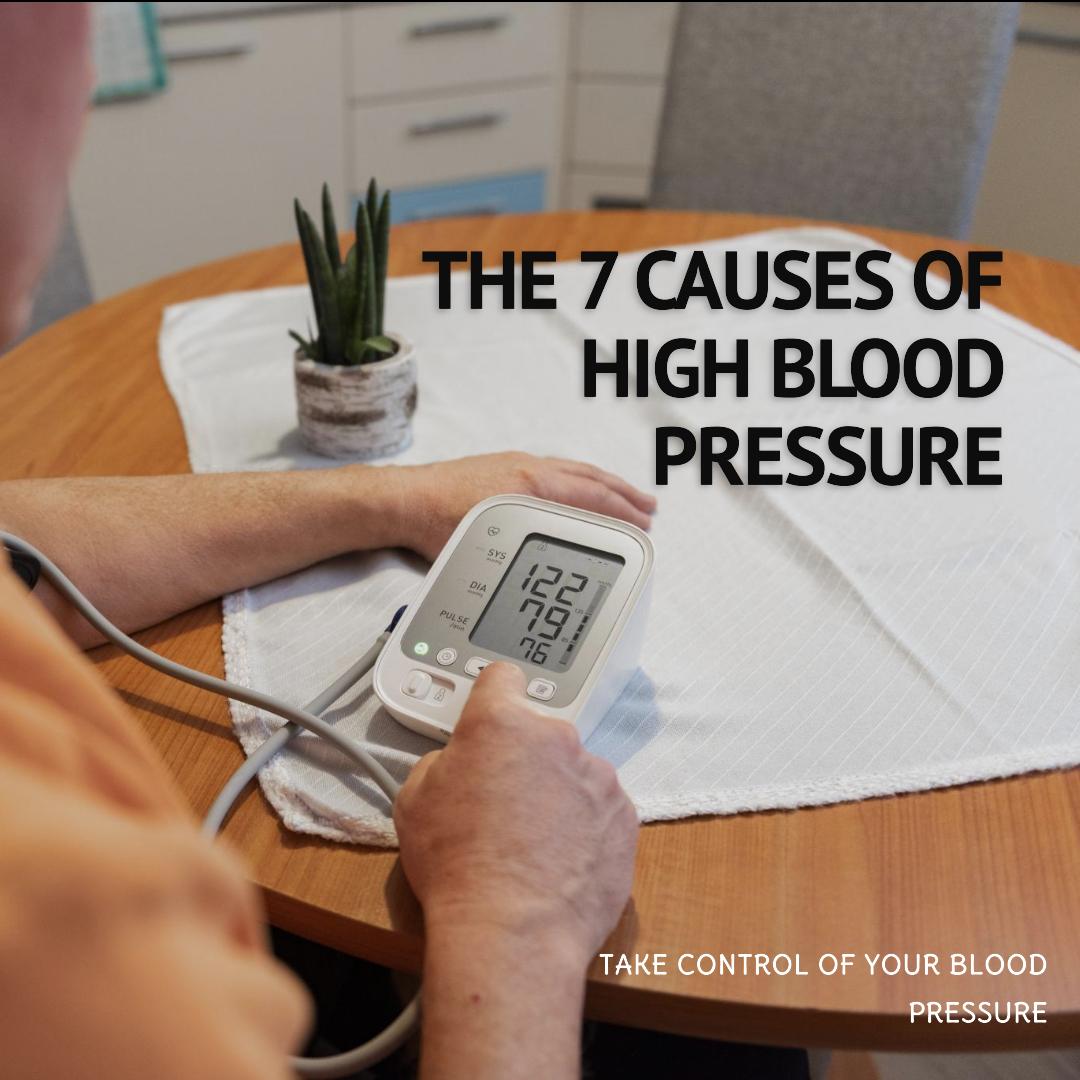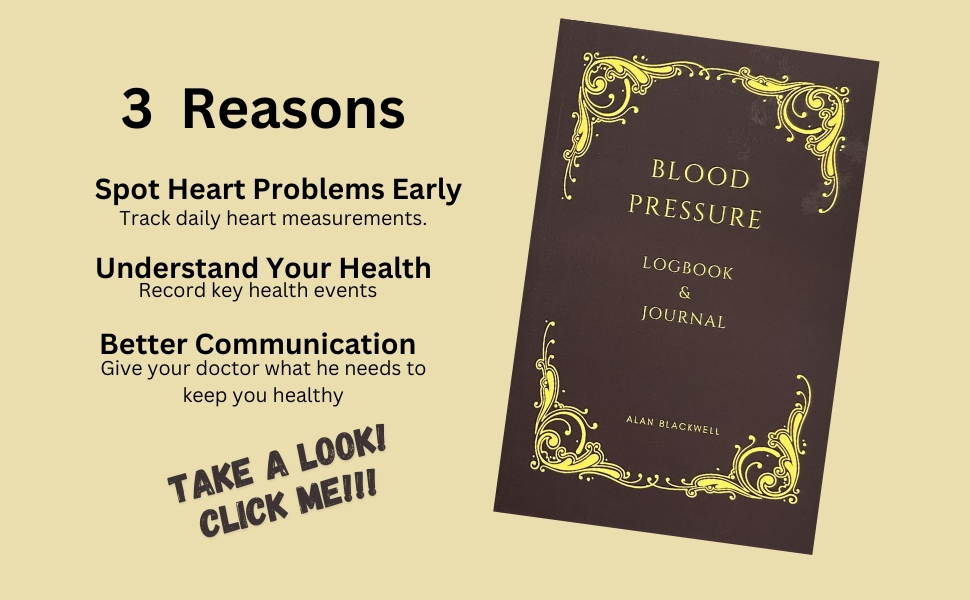High blood pressure, also known as hypertension, is a common health condition that affects millions of people worldwide. It occurs when the force of blood against the walls of your arteries is consistently too high, putting strain on your heart and blood vessels. While the exact cause of high blood pressure isn't always clear, there are 7 key factors that can contribute to its development. This article will explore the various causes of high blood pressure and how they impact your cardiovascular health.
- Genetics: Genetics plays a significant role in determining your risk of developing high blood pressure. If you have a family history of hypertension, you may be more likely to develop it yourself. Certain genetic factors can influence how your body regulates blood pressure, making some individuals more predisposed to hypertension than others.
- Lifestyle Factors: Unhealthy lifestyle choices can contribute to high blood pressure. Poor dietary habits, such as consuming high amounts of sodium, saturated fats, and processed foods, can lead to hypertension. Lack of physical activity and sedentary behavior can also increase your risk of developing high blood pressure. Regular exercise helps keep your heart and blood vessels healthy, reducing the likelihood of hypertension.
- Obesity: Being overweight or obese puts extra strain on your heart and increases your risk of high blood pressure. Excess body fat, especially around the abdomen, can disrupt your body's hormonal balance and impair blood vessel function, leading to hypertension. Losing weight through healthy eating and exercise can help lower your blood pressure and improve overall health.
- Stress: Chronic stress can contribute to high blood pressure by triggering the release of hormones like cortisol and adrenaline, which temporarily increase blood pressure. Over time, persistent stress can lead to long-term hypertension. Finding healthy ways to manage stress, such as relaxation techniques, meditation, or engaging in hobbies, can help lower your blood pressure and improve your overall well-being.
- Smoking and Alcohol Consumption: Smoking and excessive alcohol consumption are both significant risk factors for high blood pressure. The chemicals in tobacco smoke can damage your blood vessels and increase your heart rate, leading to elevated blood pressure. Similarly, heavy drinking can raise blood pressure and damage the heart and liver. Quitting smoking and moderating alcohol intake can significantly reduce your risk of hypertension.
- Chronic Conditions: Certain underlying health conditions can contribute to the development of high blood pressure. These include diabetes, kidney disease, thyroid disorders, and sleep apnea. These conditions can affect how your body regulates blood pressure, leading to hypertension if left untreated. Managing these underlying health issues through medication, lifestyle changes, and regular medical care can help control blood pressure levels.
- Age and Gender: Blood pressure tends to increase with age. Blood vessels become less flexible and the heart has to work harder to pump blood. Men are more likely to develop high blood pressure at a younger age compared to women. However, after menopause, women's risk of hypertension increases, potentially due to hormonal changes.
In conclusion, high blood pressure can result from genetic, lifestyle, and environmental factors. Understanding the underlying causes of hypertension is essential for effective prevention and management. By making healthy lifestyle choices, managing stress, and addressing underlying health conditions, you can lower your blood pressure and reduce your risk of heart disease and other complications associated with hypertension. Regular blood pressure monitoring and consultation with a healthcare professional are crucial for maintaining optimal cardiovascular health.

